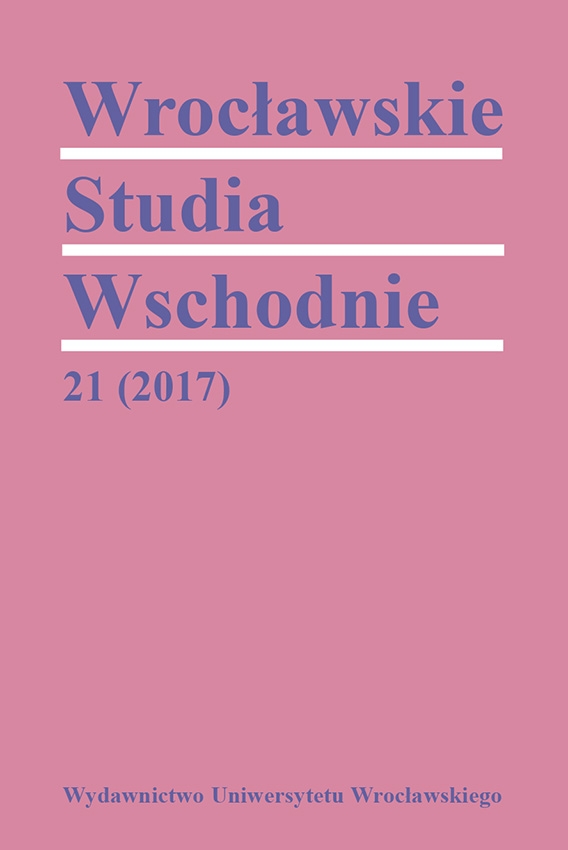

Artykuły

Элита российских славянофилов в отношении решений Берлинского конгресса
Данная статья посвящена реакциям российских славянофильских кругов на решения Берлинского конгресса 1878 г. Их реакции были более стихийными, чем встречаемые в российских политических и интеллектуальных элитах. Это было вызвано тем, что идею панславизма славянофилы понимали буквально и конкретно. Если Россия победила в войне за освобождение славянских народов на Балканах, она безоговорочно должна возглавлять освобожденные из турецкого плена славянские народы. Славянофилов не интересовало, что думают об этом европейские державы, одобряют ли они такое решение или нет.
В 1878 г. в их мышлении появилось большое упрощение — понятие славянов начали отождествлять с булгарскими землями. Отсутствие булгарского государства с такими границами, какие они соображали и определили, было равнозначно полному поражению. Они же не отметили и не комментировали международного признания независимости Сербии и Черногории, несущественны были также их незначительные территориальные приобретения.
The Russian Slavophile elites on the decisions of the Congress of Berlin
The article is devoted to responses of the Russian Slavophile circles to decisions taken at the 1878 Congress of Berlin. The responses were more lively than those usually encountered among Russian political and intellectual elites. This stemmed from the fact that among the Slavophiles the idea of pan-Slavism was understood very literally and concretely. Since Russia had been victorious in the war to liberate Slavic peoples in the Balkans, it should unconditionally head the Slavs liberated from Turkish captivity. The Slavophiles were not interested in what European powers thought about this, in whether they would accept such a solution.
In 1878 a gross simplification was introduced into their thinking — the notion of Slavdom began to be equated with the Bulgarian lands. The fact that a Bulgarian state with borders imagined and drawn at the time did not exist was regarded as a complete failure. On the other hand, no notice was taken of and no comments were made on the international recognition of independent Serbia and Montenegro; their modest territorial acquisitions, too, were considered to be insignificant.